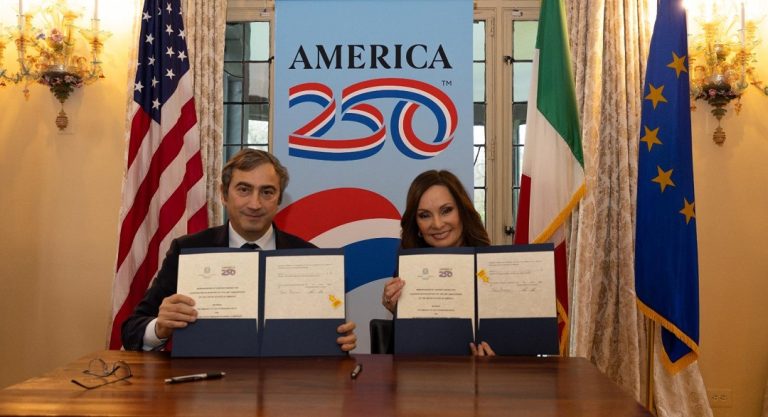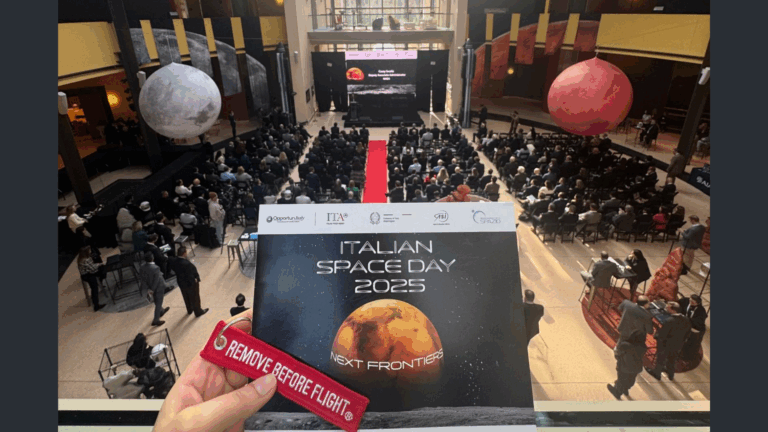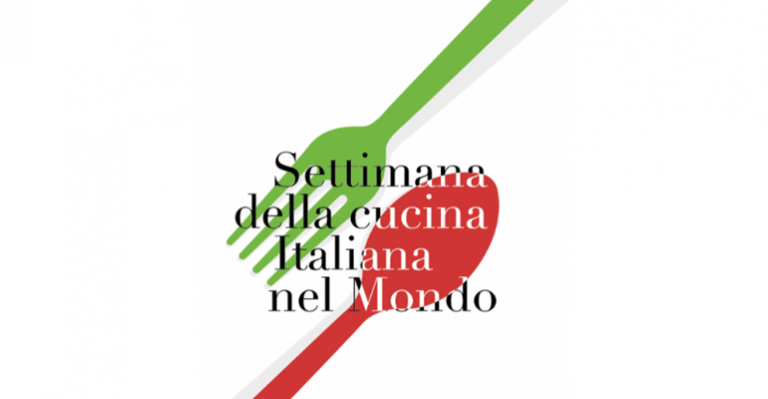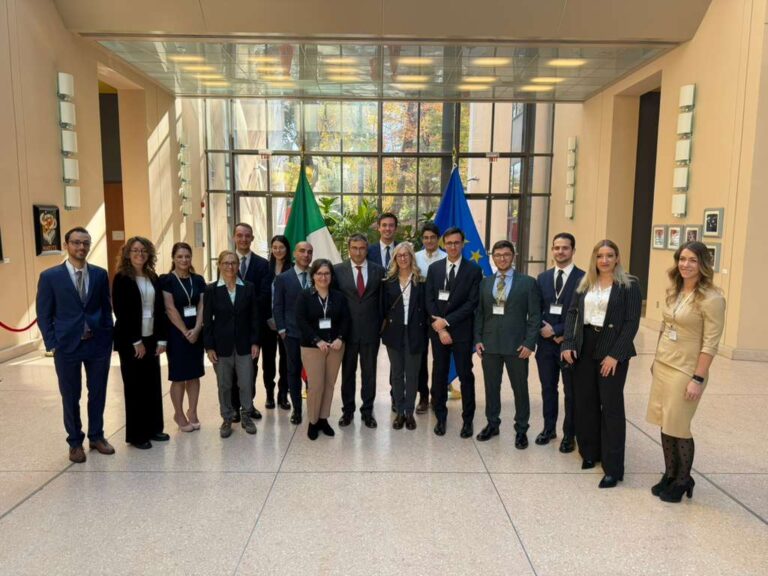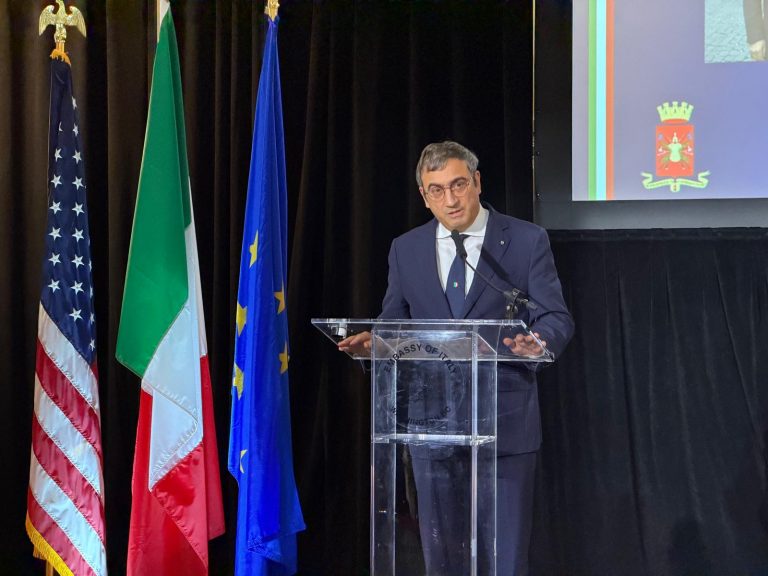—COURTESY TRANSLATION—
The Minister of Foreign Affairs and International Cooperation of the Italian Republic
MESSAGE FROM THE DEPUTY PRIME MINISTER AND MINISTER OF FOREIGN AFFAIRS AND INTERNATIONAL COOPERATION, HON. ANTONIO TAJANI, ON THE OCCASION OF THE 69TH ANNIVERSARY OF THE MARCINELLE DISASTER AND THE 24TH NATIONAL DAY OF SACRIFICE OF ITALIAN WORKERS IN THE WORLD
(8 August 2025)
8 August has been, for 69 years now, one of the saddest pages in our history.
It is a sorrow we share with the other 11 countries that, on that day, lost many of their sons in the Bois du Cazier mine. This is what makes Marcinelle both an Italian and a European tragedy, as I have emphasized with deep emotion during the many visits I have made in my various roles: as a Member of the European Parliament, Vice-President of the European Commission, President of the European Parliament, and most recently as Deputy Prime Minister and Minister of Foreign Affairs.
Many years later, Marcinelle in Belgium – like Monongah in the United States or Mattmark in Switzerland, sites of similar tragedies – still evokes the stories of our Italian nationals who left Abruzzo, Veneto, Calabria and all regions of Italy in search of a better life, carrying with them hope and the will to succeed, often at great personal cost. These stories and memories frequently enrich my encounters with Italians abroad, as well as my visits throughout Italy – such as in the Calabrian town of Motta San Giovanni this past December.
It was to these men and women that the Berlusconi government dedicated, in 2001, the “National Day of Sacrifice of Italian Workers in the World”. This day of remembrance goes beyond the commemoration of a single tragic event: it celebrates those who, through their hard work and example, have taken Italian skills and values – determination, solidarity, and pride in one’s roots – out into the world.
The wreaths laid this morning at the foot of the memorial in Marcinelle – in the presence of the last surviving witnesses, still wearing their blue overalls and helmets – are a gesture of gratitude for their sacrifice. But they also pay tribute to the extraordinary contribution that our communities continue to make to the development of their host countries, through the efforts of new generations of professionals, researchers, skilled workers and technicians – true ambassadors of an Italy of growth and innovation.
From the duty of remembrance must come a firm and shared commitment – in Italy and across Europe – to fight the scourge of workplace accidents.
Marcinelle teaches us that the human person must always remain at the centre, with a culture of workplace safety serving as a cornerstone of the entire economic system. This has been, since my early days in Brussels, an absolute priority for me. From the outset, I have strongly supported the proposal – now nearing approval – to designate 8 August as a European Day of Remembrance and Reflection on these issues.
Workplace safety is, after all, a collective responsibility. The Government has taken swift and determined action to promote prevention, training and awareness, and to combat irregularities in the workplace.
To all Italian nationals around the world, I send a personal message of gratitude, pride and closeness. Your dedication, talent and achievements are an essential part of our history – and of our future. They will continue to enrich our country and the world at large.
Antonio Tajani







